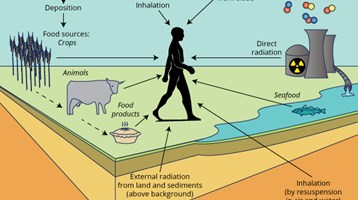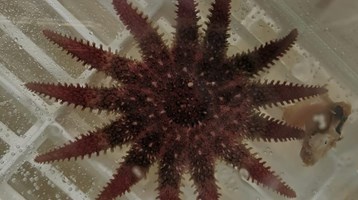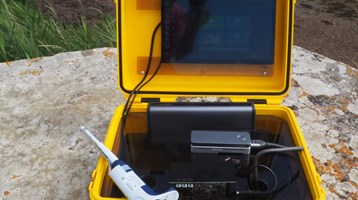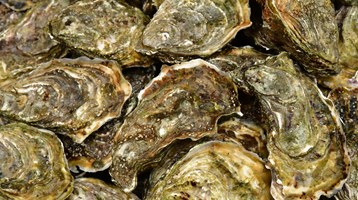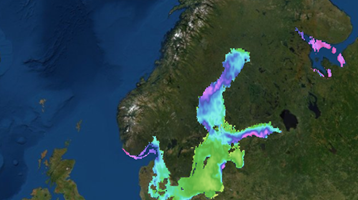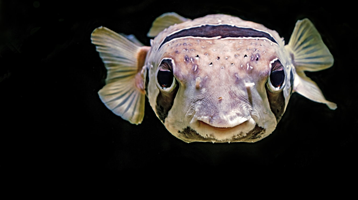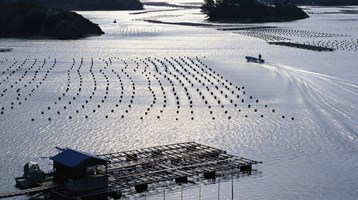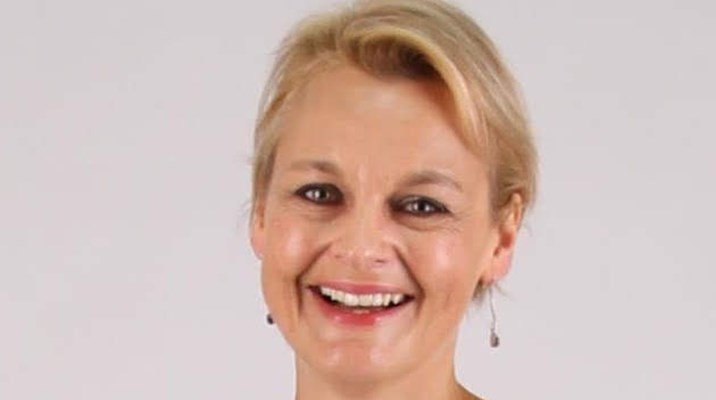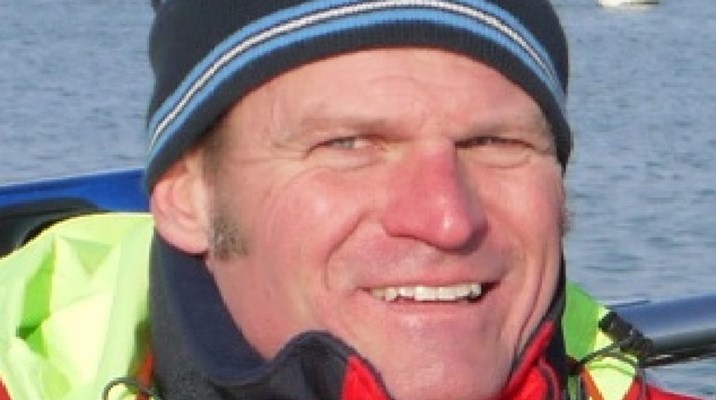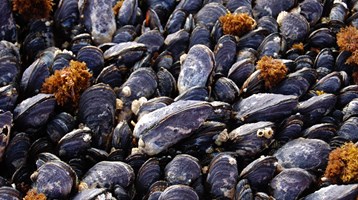Dr Marion Sebire
Behaviour and Fish Physiology Scientist
Marion is a behaviour and fish physiology scientist leading the Applied Aquatic Animal Science team at the Cefas Weymouth laboratory. She is the laboratory manager for physiology and radiology processes.

Marion graduated in Biology from the University of Paris XI, France, moving to UK to complete both her MPhil in Marine Biology and PhD in Ecotoxicology and fish behaviour. From her studies, post-doctoral positions and time working with Cefas, she has obtained a broad research experience gained over the last 15 years.
The majority of her research is related to the development and application of tests/methods for assessing the effects of environmental pollutants (e.g. endocrine disrupter chemicals) on aquatic animals, particularly on fish. She has been involved in the development of fish embryo toxicity (FET) for diverse fish other than zebrafish (e.g. stickleback and trout) and has led the UK validation of new screen tests using transgenic medaka (RADAR and REACTIV). Marion led the development and validation studies for the non-invasive measurement of sex steroids in the water using sticklebacks. In the same species, she has also developed a non-invasive method to collect DNA material for sex identification. She has also expanded her behavioural expertise to other aquatic organisms than fish (e.g. aquatic invasive crustacean).
Marion’s research interests encompass the disciplines of ecotoxicology, physiology and behaviour while promoting the 3Rs (Replacement, Reduction and Refinement). Specifically, she is interested in examining how stressors (e.g. chemicals) could alter essential behaviours such as swimming or courtship.
Publications:
Selected Publications:
- Sebire M, Elphinstone Davis J, Hatfield R, Winberg S and Katsiadaki I (2015). Prozac affects stickleback nest quality without altering androgen, spiggin or aggression levels during a 21-day breeding test. Aquatic Toxicology 168,78-89.
- Sebire M, Allen Y, Bersuder P and Katsiadaki I (2008). The model anti-androgen flutamide suppresses the expression of typical male stickleback reproductive behaviour. Aquatic Toxicology 90, 37-47
- Sebire M, Katsiadaki I and Scott AP (2007). Non-invasive measurement of 11-ketotestosterone, cortisol and androstenedione in male three-spined stickleback (Gasterosteus aculeatus). General and Comparative Endocrinology 152, 30-38.

